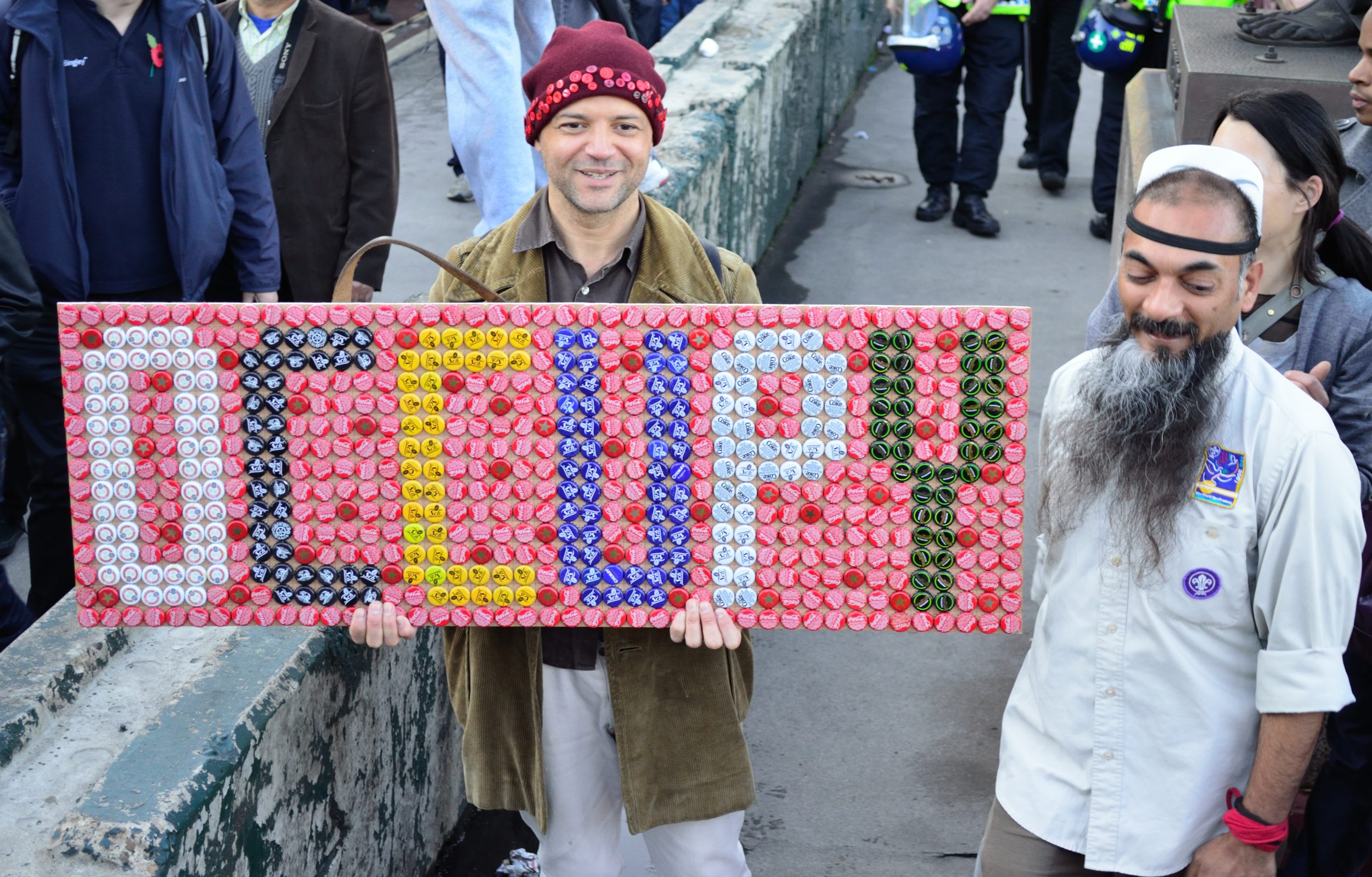

 As the release of biographical comedy film Dumb Money revives interest in the 2021 GameStop ‘short squeeze,’ Michael Vaughan, Johannes B. Gruber and Ana Ines Langer explain how the incident demonstrates the limitations of connective action in an age of ‘platformisation’.
As the release of biographical comedy film Dumb Money revives interest in the 2021 GameStop ‘short squeeze,’ Michael Vaughan, Johannes B. Gruber and Ana Ines Langer explain how the incident demonstrates the limitations of connective action in an age of ‘platformisation’.
Social media platforms have come a long way, and it feels nostalgic remembering the optimism around social media as tools of democracy in 2010 (remember the so-called Twitter revolutions?). Today, ‘X’ feels more like a disturbing cocktail of oligarch wish-fulfillment and far-right mainstreaming. So, what’s changed, and how did we get here?
Platformisation vs connective action
Although powerful individuals like X/Twitter owner Elon Musk exert an outsized influence, we argue in our recent article that a big part of the answer lies in how platforms themselves evolved in the 2010s. Academics call the overarching process ‘platformisation’, which means the increasing penetration of platforms into different spheres of life.
In essence, we argue that platformisation increases the barriers and translation gaps between platforms, which in the early 2010s were key to movements mobilising. Academics called this digital mobilisation style ‘connective action’. Connective action describes how movements like Occupy were organised as decentralised networks using an array of different technologies all ‘stitched together’, from Tumblr to Facebook to Twitter.
So how does the increasing size and complexity of the tech ecosystem impede cross-platform mobilisation networks? We suggest three possible mechanisms: actions, identities and discourses:
- Platforms might have control over the actions that citizens can choose to take to express a political point (whether that’s petitions on Change.org, or share trading on RobinHood as we’ll come to later).
- Platforms might also form part of the scaffolding for the collective identity of citizens online, so that movements start to see their shared identity as anchored to (or even inseparable from) their identity in the platforms, such as Redditors.
- Platforms also shape how we talk with one another online, which some people call our platform vernaculars and others our discourses, in a way which tends to become more sedimented over time after earlier periods of experimentation: the same person is likely to talk differently on Reddit, Twitter and LinkedIn.
GameStop short squeeze
We explore these questions in detail through the strange case of the “GameStop short squeeze”. In January 2021, the subreddit WallStreetBets coordinated a ‘short squeeze’ of GameStop stocks – GameStop being a company selling video games whose share price had been struggling for some time. The short squeeze was often talked about as a ‘David versus Goliath’ story: Goliath being large institutional investors like Melvin Capital who had bet on making a profit from the declining value of GameStop’s shares (a form of speculation called ‘short selling’); David in this formulation being the Redditors, whose coordinated buying of GameStop shares held the promise both to generate wealth for themselves while also inflicting theoretically unlimited losses on the aforementioned Wall Street villains. At face value, this ‘short squeeze’ was a huge success: GameStop’s stock increased by more than 1600%, institutional investors like Melvin Capital lost billions, and WallStreetBets gained 6 million new members in a month.
But if the short squeeze was a short-term financial success, how should we judge its impact on political discourse? One of its founders made the startling claim: ‘What’s being accomplished now is what Occupy Wall Street tried and failed to do – a power shift, a shift in some control from Wall Street to Main Street’.
So was the GameStop short squeeze really Occupy 2.0? Or did platformisation get in the way of connective action?
Our analysis
For our research, we collected around 200,000 digital texts talking about the short squeeze on Reddit, Twitter and digital news websites. We then analysed these documents using two methods. We used a computational method called non-negative matrix factorisation (NMF) topic modelling to get an overview of which different topics were present in the three different digital spaces. We also analysed a sample of the most influential posts using manual content analysis to get at more fine-grained questions, like whether the texts were political and in which way.
We found that on Reddit, language tended to be narrowly about buying and selling GameStop shares, rather than developing connections with wider political discourse or digital networks. Even other common topics around communicating emotion or constructing collective identity were closely bound up in creating and maintaining the coordination of trading activity, and often revolved around exclusionary slang.
On Twitter, meanwhile, we find that action mobilisation took a backseat in favour of interpreting events from the perspective of a more diffuse audience of citizen observers. Tweets were more likely to link the short squeeze both to formal political arenas and a kind of populist anti-elitist sentiment, compared with Reddit.
Finally, news media above all discussed the short squeeze in the context of formal and institutional politics, while frequently constructing those involved in the short squeeze as swept up in a ‘frenzy’ or ‘mania’. News articles were also more likely to quote Twitter content than Reddit, despite Reddit being the protagonist of the short squeeze’s action, again emphasising the limited discursive power of Redditors in shaping the broader debate.
Conclusion
So what can the GameStop short squeeze tell us about the evolution of platforms and politics? We believe that in contrast to the optimism of the Occupy years, the short squeeze shows how platforms increasingly establish boundaries as well as brokerage points. The case shows how platforms set rules about what new action repertoires are possible (and when they stop); provide the scaffolding for emerging collective identities (and who lies outside them); and model what kind of communication is appropriate (and what is out of bounds). In the short squeeze this amounted to a series of disconnections, where different kinds of communication were organised into separate zones.
Redditors’ challenge to financial elites demanded strong co-ordination of trading; yet that involved to some extent the foreclosure of politicised frames, building group identity through irony and insider slang, and largely eschewing links to institutional politics. Meanwhile the platform affordances that enabled Twitter users to interpret and assign political meaning to unfolding events, such as the easy formation of transient weak-tie networks, positioned them as spectators rather than participants in directly shaping the course of the contentious action.
The GameStop short squeeze illustrates not just the power of the digital crowd, but the power of platforms to shape where and how that crowd gathers.
This post represents the views of the authors and not the position of the Media@LSE blog nor of the London School of Economics and Political Science.





